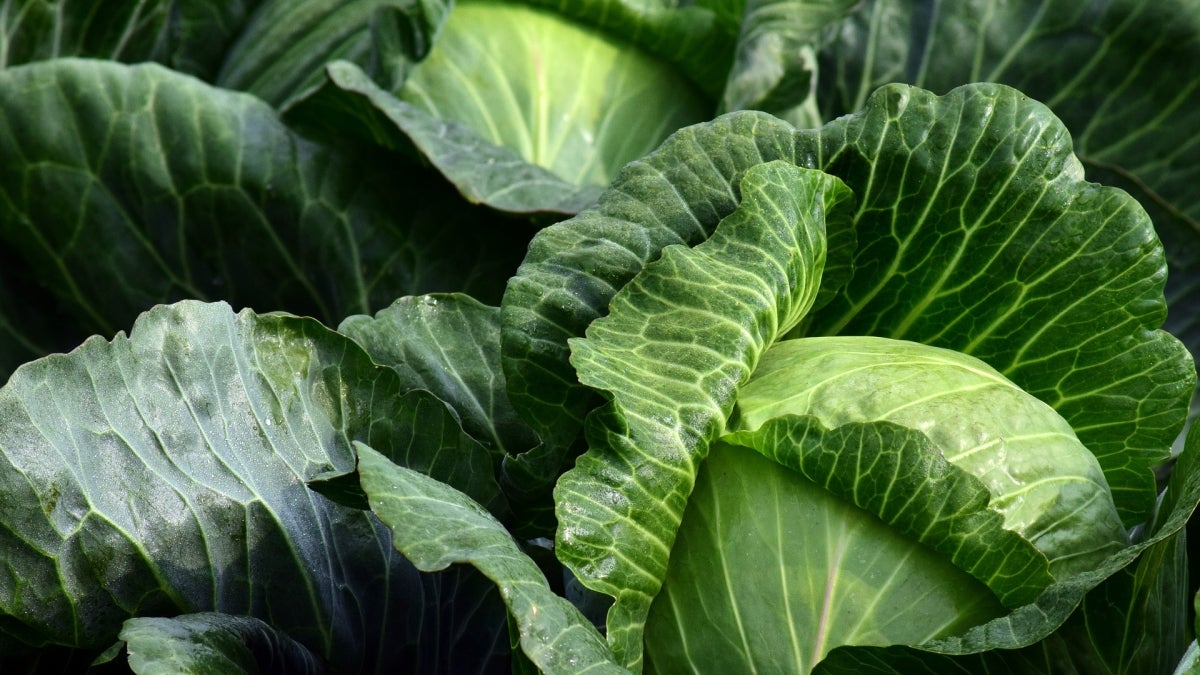After taking a class on health advocacy in fall 2017, Catherine Daem, now a graduate of Arizona State University's College of Health Solutions, wanted to find a solution to the Valley's local food deserts and swampsA food desert is an area or neighborhood with limited access to affordable, nutritious food. A food swamp is an area with a large number of places selling high-calorie fast food and junk food. by becoming a community garden advocate.
This Saturday, she'll be opening her second community garden plot.
What sets Daem's project apart from other community gardens is the research and solution-oriented approach she has employed, as well as her efforts to involve her colleagues — students, alumni and faculty will be clearing the plot and planting the garden. The impetus was a video she made last fall about food deserts and swamps in Mesa. It highlights the problem many of our communities experience and the effect on their health.
ASU Now asked Daem about her project:
Question: You got interested in creating a garden after you created a video for a class. What did you learn about food swamps and food deserts as part of the process of doing this video, and what was it exactly that inspired you to want to create a garden from that experience?
Answer: I took Health Advocacy with Jordan Miller in fall 2017. Our assignment was to create a policy brief that advocates for our built environment and promotes health. I decided to focus on transforming vacant lots into community gardens and how it could contribute to obesity prevention in Arizona. During my research I learned more about food deserts and how they impact the community. Lower income families are primarily at an increased risk for food insecurity, obesity, and limited access to affordable healthy food options. Living in a food desert exposes lower income families to an increased amount of processed and fast foods often because there are no grocery stores nearby. I have always been interested in growing my own food and the importance of eating a healthy diet rich in fruits and vegetables. After doing some research, I found a community garden two minutes from my apartment, which encouraged me to buy a garden plot and start growing.
Q: What was the process of starting the garden?
A: The process for starting my garden was renting a plot for $100 at the First Church of the Nazarene community garden in Scottsdale. I have paid for everything on my own. I did a lot of research as to what I would need to get started and also started the Maricopa Master Gardening Program so I could learn additional information about organic gardening.
Q: What are the plans for the Saturday event?
A: I am planning to clean up the second plot I have purchased — it is overrun with weeds and bermuda grass. After the plot is cleaned up, I will be adding lots of beneficial ingredients to the soil such as compost, worm castings and mulch. I will also be planting seeds and seedlings. Students, faculty and families from ASU will be attending on Saturday, and I hope to educate a bit about the importance of organic gardening and how fun it can also be!
Community Garden Event
What: Hear Daem's story and help plant the new garden. Lunch will be provided and participants receive a T-shirt.
When: 11 a.m.–2 p.m. Saturday, Nov. 3.
Where: 2340 N. Hayden Road, Scottsdale.
Details: RSVP to KasondraMcCracken@asu.edu or Jordan.Anne.Miller@asu.edu.
More Health and medicine

PhD student builds bridges with construction industry to prevent heat-related illnesses
It is no secret that Arizona State University has innovative researchers working to help solve everyday problems.According to a…

Working to cure cancer in our lifetime
What if we could cure cancer, or come close, in our lifetime?That’s a goal that researchers at Arizona State University’s…

10 companies, 5 nations, 1 accelerator: A wide range of innovative health care solutions
The 10 companies participating in the 2025 Mayo Clinic and ASU MedTech Accelerator program hail from five different nations and…


